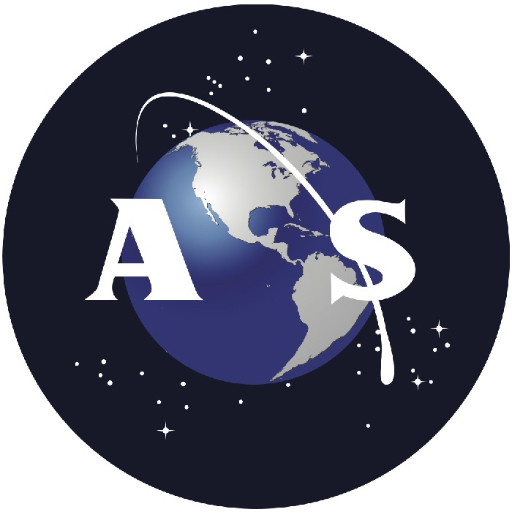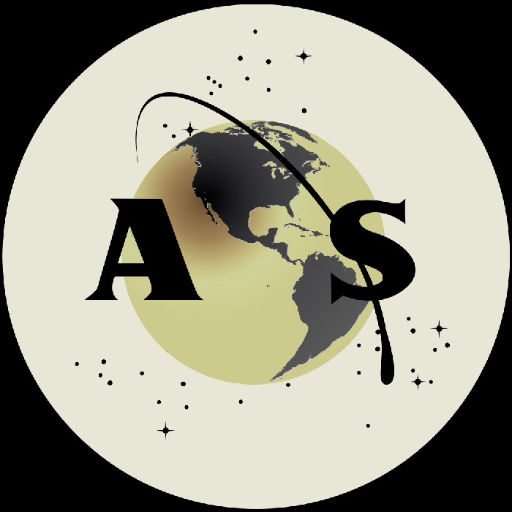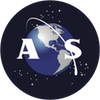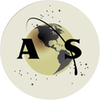
This week at Cape Canaveral saw more problems arise with Discovery’s external tank, placing the tentative Nov. 30 launch date in doubt. It also saw preparations for the next unmanned launch, that of a United Launch Alliance Delta IV proceed along and many historical launches took place this week in Cape Canaveral history.

Another Crack Found on Discovery’s External Tank
NASA Technicians found another crack on the large, orange external tank (ET) – this is on top of one that was found under the cracked foam that was discovered on the tank the day of the last scrub for NASA’s oldest orbiter – Nov. 5. Both of these cracks are located on what is known as ‘stringers’ vertical aluminum strips that are around the ET’s ‘intertank’ area (this is the large yellowish band that circles the tank.
The first crack was some nine inches long, while this second, new crack is three inches in length. After engineers found the first crack they expanded their search to other areas of the intertank where they found the second crack. Foam was not damaged on either side of the large primary crack. This information is being collected to provide a greater understanding of how the tank deals with the fueling dynamics.
Although this new crack is worrying, it has not changed the space agency’s plans to attempt to repair the problems out on the launch pad and work to get the orbiter into the sky within the next window which falls between Nov. 30 and Dec. 6. Technicians have replaced the Ground Umbilical Carrier Plate (GUCP) that leaked hydrogen gas during last Friday’s launch attempt – which led to the discovery of these issues.

Delta IV Heavy Readied for Launch
The next launch scheduled to take place off of Florida’s Space Coast – is the launch of a Delta IV Heavy rocket carrying the Galaxy-3 satellite. The launch is currently planned for Nov. 18, 2010, at 6:10 p.m. Eastern Standard Time (EDT) from Space Launch Complex 37 (SLC 37) at Cape Canaveral Air Force Station. The launch vehicle is provided by United Launch Alliance (ULA) and the satellite is a National Reconnaissance Office (NRO) payload.
The payload for this mission is a classified spy satellite cargo for the NRO listed only as a ‘Galaxy 3’ in the media advisories released by the 45th Space Wing located at Patrick Air Force Base. The Delta IV Heavy is the largest rocket in the Delta 4 family, with three booster cores combined to form what is essentially a triple-bodied rocket.
If NASA cannot get the space shuttle Discovery off the ground in the next available launch window – there is only one other planned launch at KSC/CCAFS for this year. This is the Dec. 7 launch of SpaceX’s Falcon-9 with its Dragon spacecraft payload. If this launch happens before the end of this year, it will mark the first demonstration flight of the $1.6 billion Commercial Orbital Transportation Services contract that the private space firm has with the space agency.
This Week in Cape Canaveral History
November 8, 1958: NASA launched Pioneer 2, however, the space probe experienced a launch failure and never reached its destination of the moon.
November 13, 1978: NASA launched the Einstein Observatory HEAO-2, the first fully imaging X-ray telescope put into space.
November 14, 2008: NASA launched space shuttle Endeavour to the International Space Station (ISS) on mission STS-126. This flight was an assembly mission that brought equipment and supplies in the Leonardo Multi-Purpose Logistics Module (MPLM). Astronaut Sandy Magnus replaced Gregory Chamitoff on the orbiting outpost.





